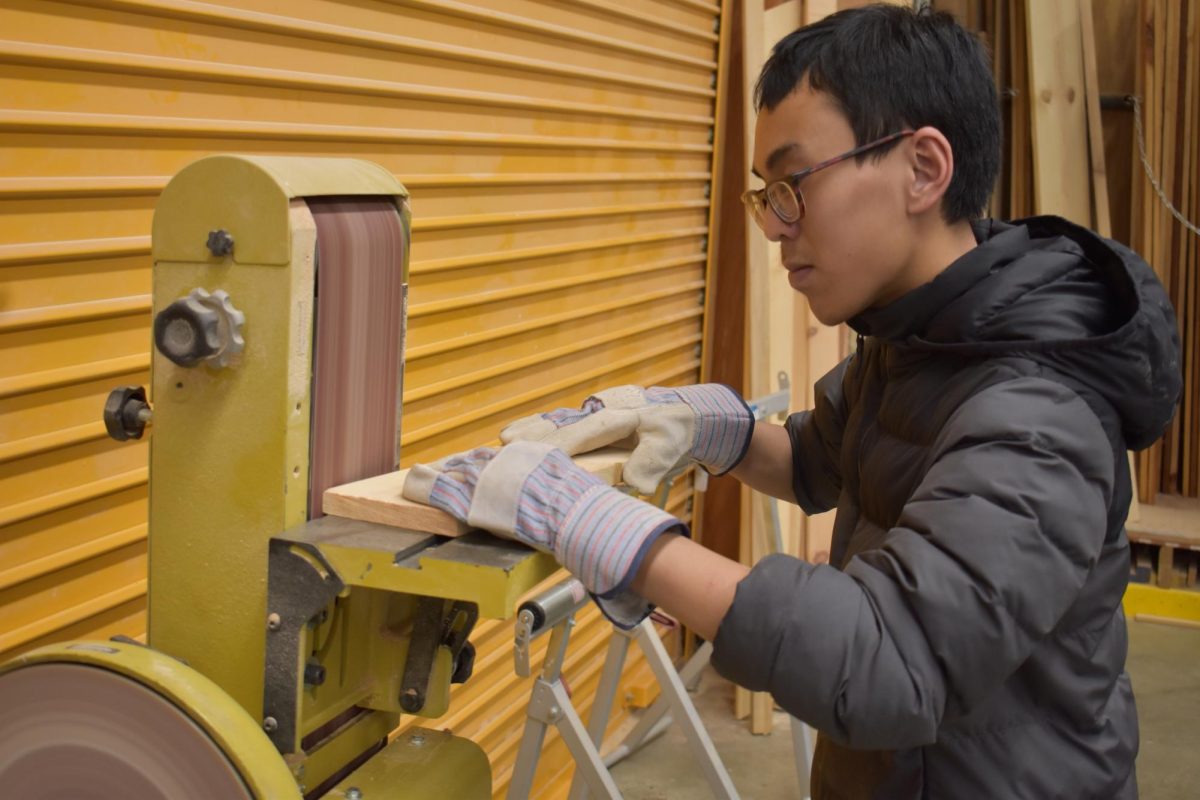Choosing to learn out of genuine interest can have more of an effect on individuals compared to when being obligated to learn. As students progress through school, they are required to take traditional classes, such as English, math and science. While schools teach curriculum based on what is in the textbook, the information students learn in those classes are often not useful for their future careers. Rather than comprehending the material to use in the future, students often find themselves memorizing it solely to meet the requirements of the class.
By increasing the number of career-related courses students are allowed to take, students will gain the opportunity to create their own learning paths and be more engaged in their classes. A study performed by Fordham’s Institute shows that students who participate in career technical education are more likely to graduate from high school and go onto a two- or four-year college.
Fordham reported that many students question whether or not they will use the information learned in American schools in the future. The students who do not end up pursuing a college education, are not able to be employed because of their lack of skills. If high school classes are related to what one wants to do in the future, students will gain more and will also be able to use what they learned in a real-world application.
Additionally, because of the lack of classes geared toward helping students make career choices, many do not have the accessibility or the knowledge to get to a certain position they may want in the future. Students may have ambition but do not know how to reach their goals because of the fact that there are minimal classes offered in high school related to helping students to find their true career passion.
An example of a career-related class on campus at the moment is construction. This class allows students to learn how to use specific tools, gain foundation skills and practice orthographic drawings, all useful for construction careers in the future. Further, classes that help with how to manage careers, finances and gain technical skills will benefit students more than learning complex math if one is going to an artistic field.
Right now, many students study for good grades by memorizing the topics instead of comprehending them. This could be mostly because students know they will not need the information they learned after taking the test or final. If classes were more related to what they want to do in the future, students would study to understand the concepts and use them outside of school. Moreover, students would be more engaged in the class itself and try to learn more outside of school because it is something that interests them.
By showing students early on the ins and outs of what career they want to pursue, students have more time to learn and figure out if their career is suited for them, or if they need to find another one. By having experience in various fields, students are creating their own learning paths and focusing on topics needed to succeed in that area of study.
While offering more career-related courses in high school can be helpful for students and their futures, it might also have drawbacks when teachers are focusing more on how to succeed in that specific career rather than developing traditional learning knowledge. Students need a broad foundation of knowledge in all subjects, so it is important to have a balance of how much time is spent learning about their career interest and traditional subjects, such as science, math and English.
The job market is constantly evolving, and the skills needed in many careers are dynamic. By focusing too early on a specific field, there is a risk of having the students go down a narrow path, not being able to change to a new job or career. To ensure this will not be a concern for students in the future, it is essential that they receive a well-rounded education that prepares them for the challenges of the future job market.
When students take multiple classes related to careers, they will be exposed to many more professions and fields in which they can partake in. Students would have more exposure to other jobs that are not seen as much because they will be trying out many areas that work for them. Showing students the different opportunities out there and giving them hands-on experience in various fields will allow them to gain skills in traditional subjects and the subjects they want to focus on more. Thus, high schools should offer more career-related courses.


